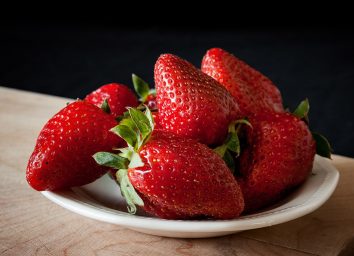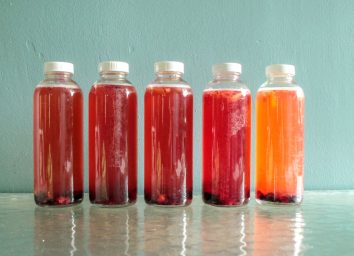The #1 Reason Why You Need to Wash Organic Produce, New Report Says
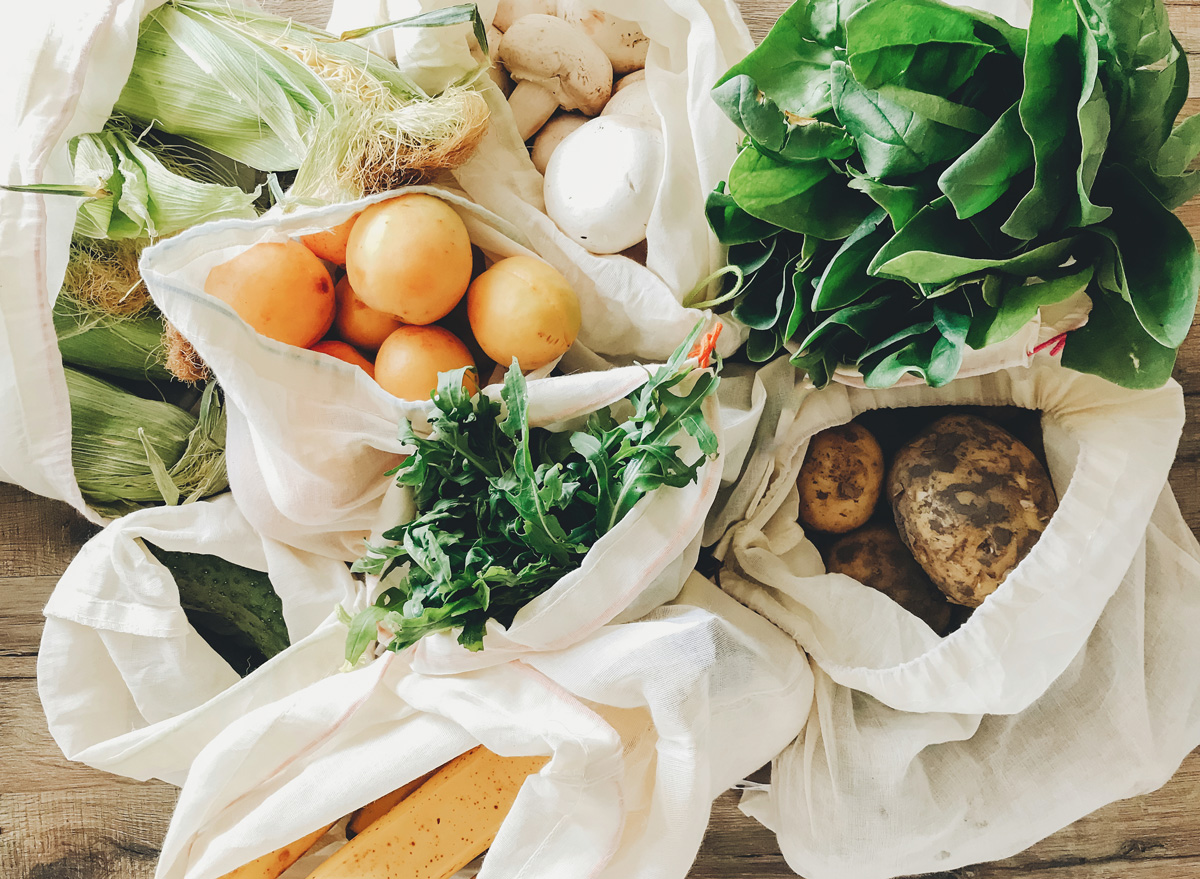
When you go to the grocery store to stock up on fresh fruits and veggies, which of the two do you often buy: conventional or organic?
Organic foods often come at a premium price, so many Americans find conventional produce to be the most affordable and accessible option. While organic is often advertised as the better option of the two, a new report suggests that the label doesn't necessarily imply it's the safest option.
The Food and Agriculture Organization of the United Nations (FAO), an agency that leads international efforts to end hunger, recently published a new report Organic Foods: Are They Safer that puts into question whether the organic label guarantees food safety.
Why buy organic?
As the abstract of the report points out that, in the eyes of consumers, organic agriculture is often viewed as a healthier, safer, and more environmentally conscious way of producing food. While this is most often the case, the FAO addresses one key piece of information that you may not think about.
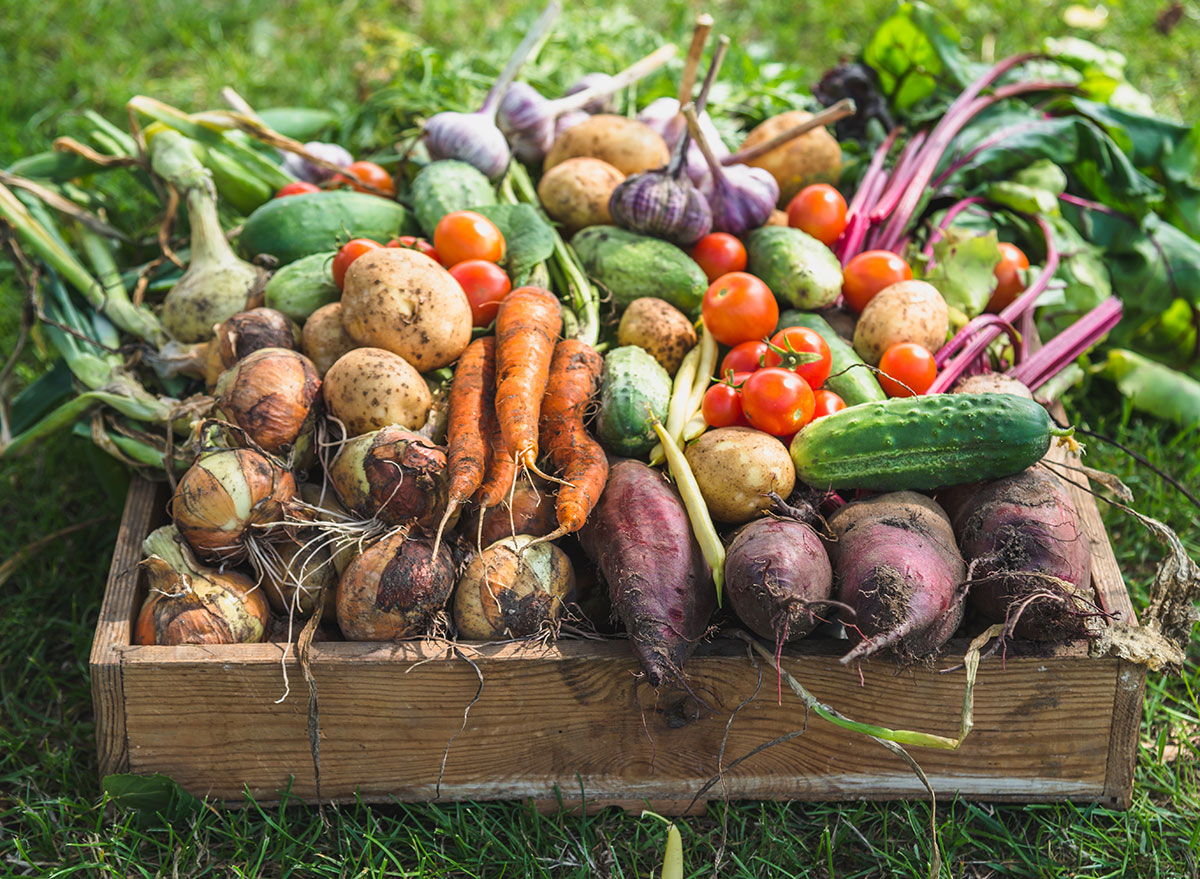
"The 'organic' certification actually indicates products that are produced in accordance with certain standards throughout the production, handling, processing and marketing stages, and which aim at a different set of benefits: better incomes for small-scale farmers and increased food security, environmental benefits such as improved soil and water quality and biodiversity preservation, and improved animal welfare," as stated in the report. "Therefore, while organic agriculture may relate to a set of different improved practices, the term organic in and of itself is not a guarantee of food safety."
From a holistic standpoint, organic is the better way to go, as this form of agriculture benefits both social and environmental aspects of food systems. However, as the report says, to say organic farms do not use pesticides is an inaccurate statement. Instead of potentially harmful, synthetic pesticides, organic agriculture instead relies on "crop rotations, composting, and biological pest control to maintain soil productivity, supply plant nutrients, and control insects, weeds, and other pests."
This is still considered a step above conventional agriculture practices. The Environmental Working Group (EWG) recently released its Shopper's Guide to Pesticides in Produce, which contains the Dirty Dozen list, aka the top 12 fruits and vegetables that contain the most pesticides. While the EWG says eating more fruits and vegetables—whether conventional or organic—is better than consuming less (and, instead, opting for processed foods), they still recommend buying organic if your wallet allows.
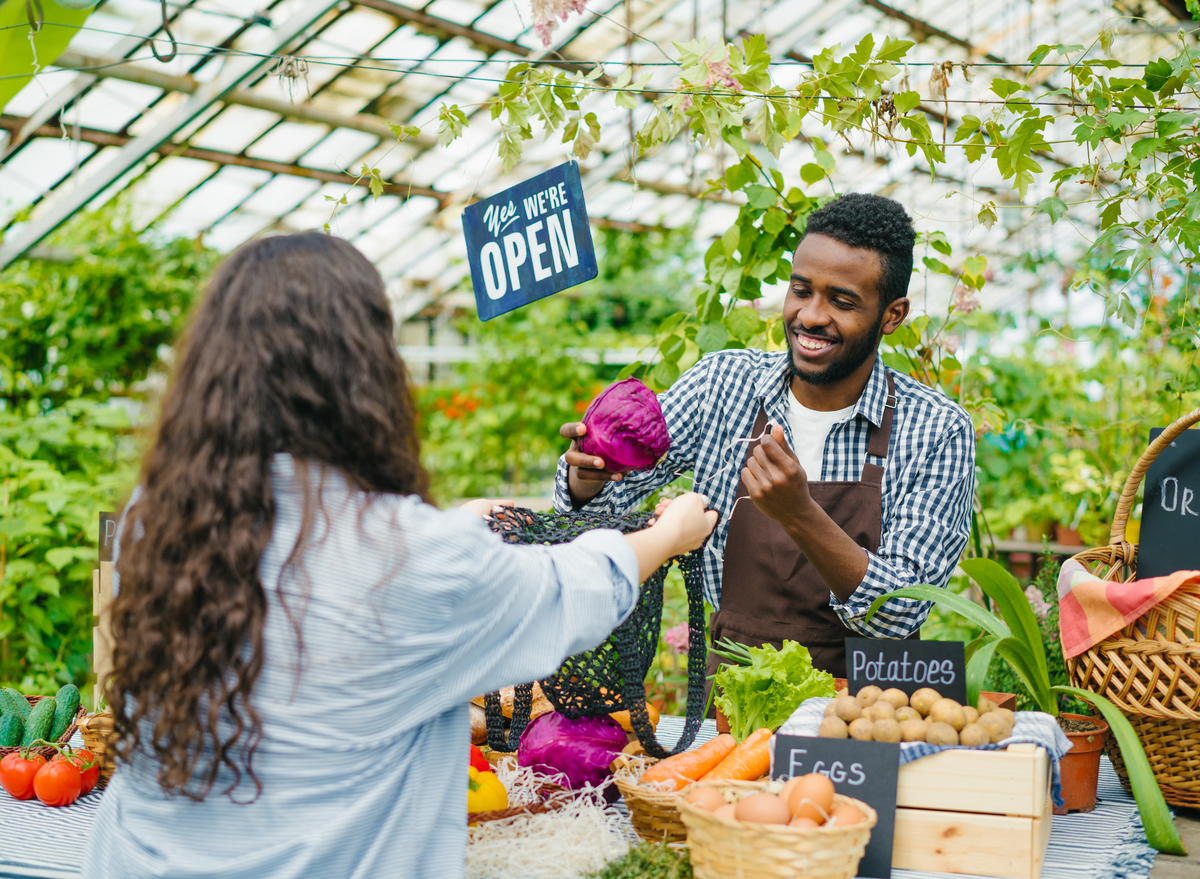
"It is also important to reduce your exposure to pesticides because pesticides have been linked to a variety of health harms, like cancer, hormone disruption, and damaging children's developing brains. Switching to organic produce is an effective way to reduce your pesticide exposure," Thomas Galligan, Ph.D., and EWG toxicologist recently told us.
The main takeaway?
Here's what you need to take away from this report: Continue to thoroughly rinse and scrub fruits and vegetables, no matter if they're organic or conventional. Just because a produce item has an organic label doesn't automatically mean the food is safe to eat without a proper wash, which often just requires your hands and warm water. The FDA provides seven helpful tips for cleaning fruits and vegetables so that you avoid ingesting bacteria that can lead to foodborne illness.
For more, be sure to check out 15 Cleanest Foods on Grocery Store Shelves, According to an Expert.
